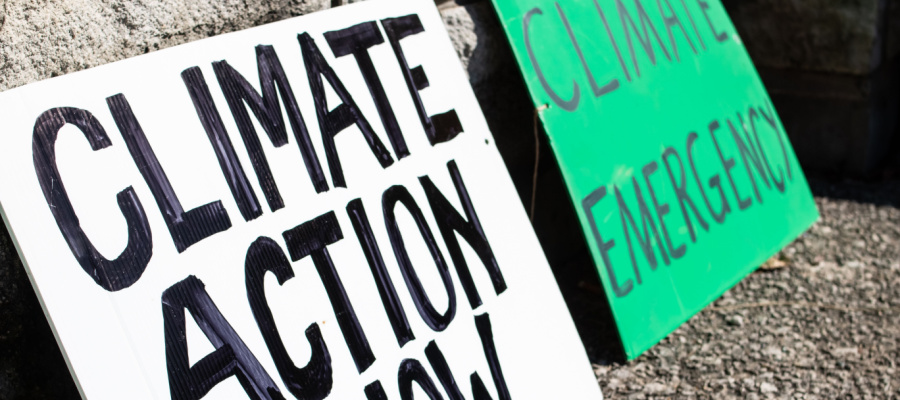BC’s GHG emissions shell game
The BC government recently announced a new climate action of some consequence: the phasing out of the Burrard Thermal plant in Metro Vancouver. The unit was used largely for back-up purposes, producing electricity for BC Hydro to supplement hydropower during times of high demand. But at a large GHG cost per unit of energy — about 351 kilotonnes of CO2 equivalent (CO2e) were emitted from Burrard Thermal in 2006, making it the 13th largest emitter in BC.
To put that in perspective, the top emitter in BC as of 2006 was the Fort Nelson gas plant, with 1.25 megatonnes of CO2e, about four times the size of Burrard Thermal. Spectra Energy, who own the Fort Nelson plant is, however, planning a carbon capture and storage operation that will nab, if all goes according to plan, 2 Mt per year when implemented (the industry is growing so stats from 2006 understate current emissions). This is not without its problems, but give them credit for trying.
Still in the Northeast, EnCana has proposed a new oil and gas production super-facility that will emit 2.2 Mt per year, with no CCS, making it the largest point source emitter in the province. The project is current under “environmental assessment” and was criticized by the Pembina Institute for GHGs not being considered in the assessment.
So the Burrard Thermal announcement garnering a lot of media coverage will shutter a fraction of the expected increase from EnCana. In fact, EnCana’s 2.2 Mt are equivalent to all of the emissions from cement and aluminum production combined. This is why I’m getting cynical about climate action in BC.
Here’s an idea: BC should impose an immediate moratorium on all new oil and gas development — unless accompanied by carbon capture and storage, and some time between 2020 and 2030 (I’m willing to negotiate) all existing projects would have to implement CCS. This will be bad news for investors in the Northeast, because CCS ain’t cheap, but hey, those investments are threatening human civilization as we know it, and we all have to do our part.
Topics: Climate change & energy policy, Environment, resources & sustainability

